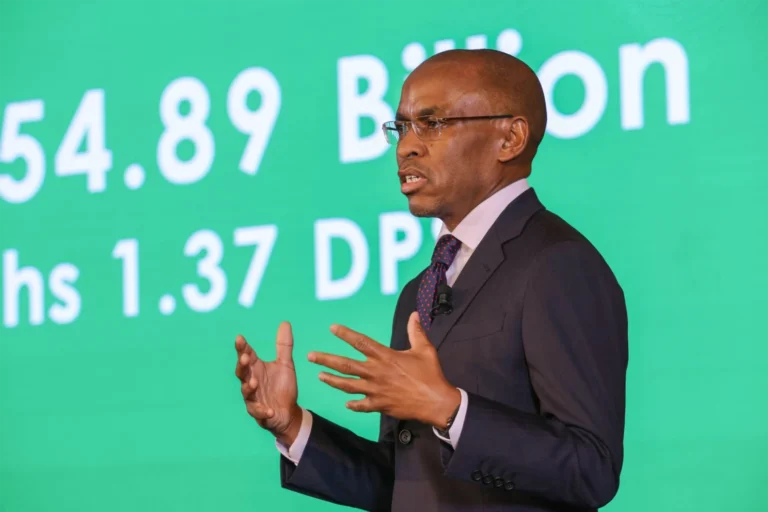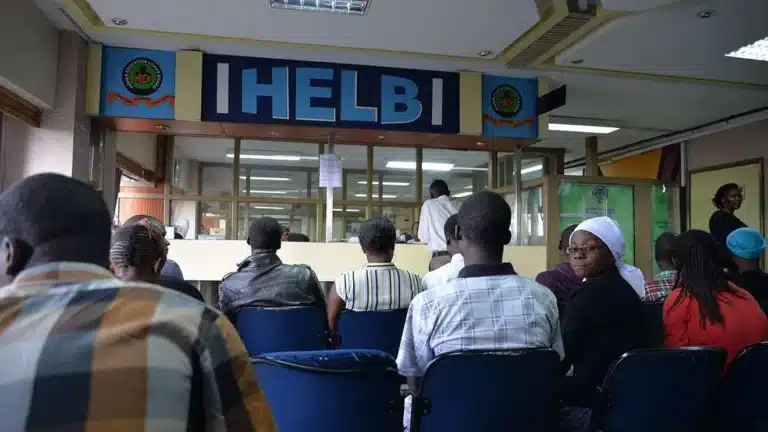Over the past decade, gambling has witnessed extreme transformations, and the smartphone has been right at the heart of it. It once required going to a casino or working off a desktop computer for those activities; now, they can be performed anywhere. The phones being away with customers, linking it with faster mobile network connections, have permitted booking a bet on a sports event, a slot, or a card game with the same time required to wait for morning coffee. Such greater accessibility has grown the online betting industry massively, letting users integrate entertainment into a previously very inconvenient day.
For many users, the mobile platform is no longer an option; it is an expectation. Opposite to their users and betting brands have developed applications that are intuitive to operate, giving way to responsiveness and human-centred design. From receiving live updates about events, ongoing matches, and a second’s notice of results, in advertising, smartphones weave betting into the very fabric of everyday existence.
Anchoring trust and experience
Site reliability and user trust are very important factors, with famous names bearing this heavy burden. For instance, many users look toward Betway betting as their reliable choice for mobile wagering that is fun to do. This is the kind of Betway that stands for professionalism and stability, which bettors seek in today’s competitive digital world, being synonymous with a great number of markets and an intuitive interface.
Live sports, different casinos like Betway, and payment methods ensure that the bettors will have a great mobile experience. Hence, it is because of the mobile technology presence that renders betting a lifestyle thing instead of a fixed place activity.
The smartphone as a betting hub
Mobile betting confers one big allure: convenience, with the other one being the notion of wagering in real-time. For sports fans, it determines watching the game and betting with whatever momentum the play has. For casino lovers, it becomes instant access to hundreds of slots or tables.
Smartphones are now powerful enough to place demands on these platforms while still ensuring speed and security. This allows for an immersive experience with operators’ designs that appear smooth and immediate. The important thing here is that some of the highly reputable names in the industry have vetted and put their seal of approval on these mobile platforms, ensuring they are safe from data breaches and attacks on financial transactions. Hence, the increase in the confidence level in mobile betting has been projected even further in its adoption by both experienced bettors and fresh entrants.
As far as mobile devices have been growing, this trend will surely smooth and integrate more into the online betting experience. Better connectivity, screen technology, and processing power have started to improve all user interactions with betting apps. The very key to further developments in this space lies in how well platforms keep entertainment responsible, making sure that players have access to tools encouraging good betting habits.
Smartphones are slowly changing how people wager and even revolutionising the entire wagering ecosystem. Whether sports fan are tracking their favourite teams or the casual players hitting the reels at the online casino, interaction happens literally in their pockets. In essence, the brands that can provide truly seamless, secure, and pleasurable mobile experiences-whether respecting the adrenaline of the game or user welfare-will be the ones to emerge victorious.








